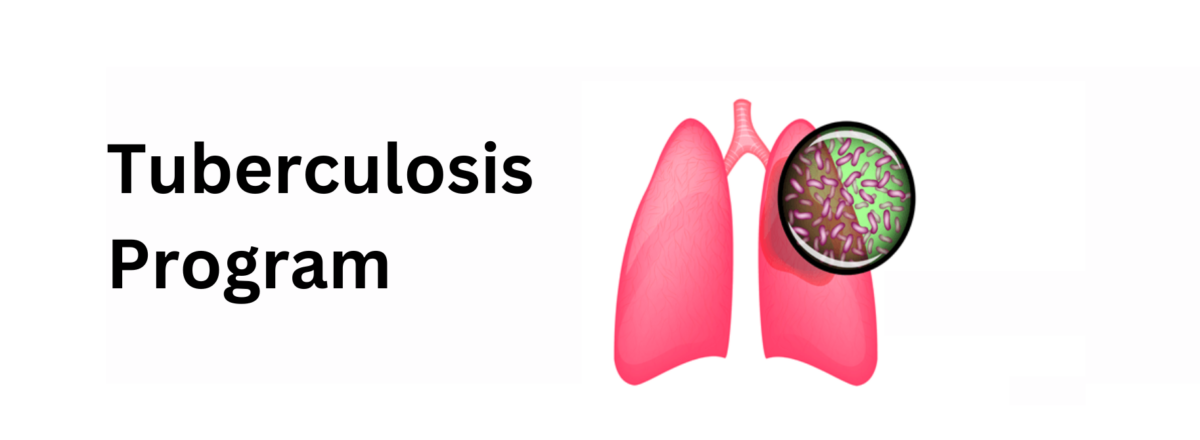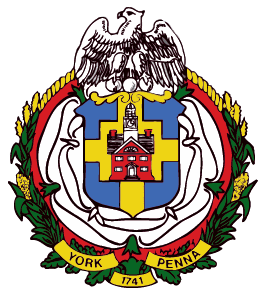
Goal
The goal of the Tuberculosis (TB) Program is to reduce the incidence of active Tuberculosis in the community by offering treatment to individuals with latent Tuberculosis infection.
The York City Bureau of Health serves residents within the city of York and the York County State Health Center serves the rest of York County outside of the city. After identifying a positive TB screening test, the Community Health Nurse conducts an initial interview with the individual and offers treatment for latent TB infection as appropriate. In addition to an initial doctor’s visit, ongoing nursing case management appointments allow for continual evaluation. Directly Observed Therapy (DOT) is a form of medication management that is typically used for all active TB patients but can also be used for latent TB patients. In the event of an active Tuberculosis case, investigation includes interviewing close contacts of the individual and offers treatment as appropriate.
What Is Latent TB Infection & Active TB Disease?
People with latent TB infection have TB germs in their bodies, but they are not sick and do not have symptoms of active TB disease because the germs are not active. These people cannot spread the germs to others. They may develop active TB disease in the future and are often prescribed treatment to prevent them from developing active TB disease. Due to the risk of latent TB infection converting to active TB disease, it is recommended for individuals to complete treatment for latent TB infection. Treatment greatly reduces the risk of developing active TB disease over their lifetime.
People with active TB disease are sick from the TB germs that are active, meaning that they are multiplying and destroying tissue in their body. They usually have symptoms of TB disease. People with TB disease of the lungs or throat can spread germs to others. They are prescribed medications to cure the active TB disease.
The treatment of both latent TB infection and active TB disease depends on the individual’s age and status of infection, both requiring months of treatment.
Symptoms of TB
- Feelings of sickness or weakness
- Weight loss
- Fever
- Night sweats
- Coughing
- Chest pain
- Coughing up of blood
If you are experiencing any of the above symptoms of TB, please contact your medical provider or closest emergency room right away.
Additional Information
General TB Information PA Department of Health TB Page For Health Care Providers-
Contact Information
Ann Entwisle, Community Health Nurse
435 W Philadelphia St.
York, PA 17401
Phone: (717) 849-2297

